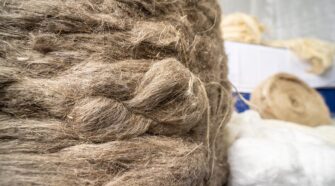
Potential in Bio-Based Fibers & Yarns
A Pathway to Sustainable Textiles The global textile industry involves the production, processing, and distribution of various fibers, fabrics, and finished textile products. It encompasses a wide range of activities, …
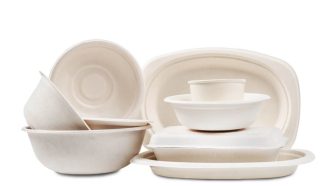
Natural fiber – the bio-option to single use plastics
Plastic packaging materials have been essential to all product areas for decades. These materials offer a broad range flexibility, excellent barrier properties and durability. However, legislative focus on single-use plastics …
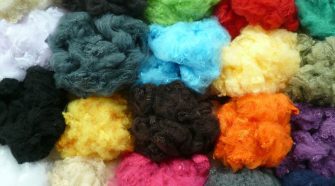

The future of textile recycling
Recycling concepts of textiles and nonwovens continue to evolve. Textiles lead the way as textile recycling is one of the oldest and most established recycling industries in the world. Fibers …
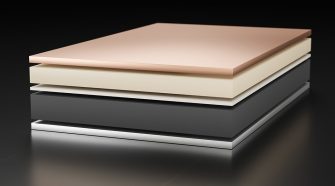

Fibers for battery separators
Battery separators are vital to the function and performance of batteries. Fibers play a significant role as the base component of a nonwoven membrane that acts as an electronically isolating …
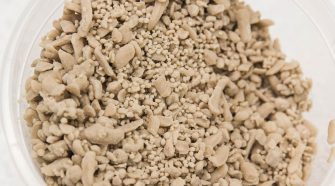

The potential for nanofiber
Nanofiber is a continuous fiber, which has a range of billionths of a meter. As a definition, nanofibers are generally classified as a fiber that is 1 nm to 100 …

